Helen Tope reviews All is True, showing in our cinema from Friday 8 March.
Based on the final years of William Shakespeare’s life, All is True is a literary biopic that throws away the rulebook.
Gone are the well-worn tropes of struggle and triumph. Here, Shakespeare has reached the high point of his career. He is an established talent, working in London, with a family back in Stratford. On the face of it, Shakespeare has every reason for happiness. But in August 1596, his son, Hamnet, dies from plague. This film explores how Shakespeare deals with this traumatic loss.
Directed by and starring Kenneth Branagh, All is True has the difficult job of packing a film with a scarcity of facts. Shakespeare remains a shadowy presence to us. We know little of his life; so the challenge is where to draw the line between fact and fiction. As screenwriter, Ben Elton makes the decision to weave the two together; a technique frequently used by Shakespeare himself.
This much we know: co-owned by Shakespeare, The Globe Theatre burns to the ground in 1613. In the decade since Elizabeth I’s death in 1603, Shakespeare has written Othello, King Lear, Macbeth and The Tempest. Work that ranks among the most complex and diverse of his career; as The Globe burns, Shakespeare makes the decision to return home.
The playwright does not meet with a glorious homecoming. His relationship with his family is fractured; the death of his youngest son continues to leave its mark. Quite simply, Shakespeare has been away too long.
His wife, Anne (Judi Dench) and daughter Judith (Kathryn Wilder) live in the family home, whilst his eldest daughter, Susanna (Helen Monks) is married – but her husband is dour and controlling. As James I ascends to the throne, the Elizabethan age shifts into a mood of uncertainty. There is a blankness that cannot be filled – the poet will not write another play.
Into this void, comes grief. Shakespeare, it becomes clear, has not fully engaged with the harrowing death of his young son. He comes home to resume his grieving for Hamnet, much to the irritation of his family who have had no choice but to live with the death and process it.
On his return, Shakespeare gives himself the task of tidying the family’s unkempt garden. The metaphor is simple but effective – in raking over old ground, Shakespeare allows his mind to turn over the events of the past.
Married to Anne Hathaway, the age gap between Shakespeare and his wife is significant. Played by Judi Dench, Hathaway is fully into old age, while Shakespeare is still in his middle years. In his absence, Anne has been running the household; a substantial property built on theatre earnings. Although Anne is illiterate, she retains the sharpness and acuity of a much younger woman. The shortcomings of Shakespeare – as husband and father – are not lost on her. The idea that he should have already worked through his grief, keeps coming to the surface. When confronted with this, Shakespeare retaliates furiously.
Branagh gives us Shakespeare’s self-pity and aggrandisement, but at the same time, tempers this with a deep and wordless grief. As Hamnet’s twin, Judith Shakespeare is the girl left behind. Sullen and morose, Wilder gives us a portrait of a girl without access to education or career. Here, she is entirely dependent on the goodwill of her family. Coupled with her guilt at outliving her brother, Judith’s relationship with her father is complicated. Shakespeare’s love for his son is all-consuming; the talent that might have been. Judith is obviously clever and intuitive, but in his grief, Shakespeare sees none of this. He can only grasp what is lost to him – everything else is silence.
As a film, All is True is a classic slow-burner. The story of Shakespeare’s grief is allowed to develop at its own pace. The complexity of the Shakespeare family dynamic would test the most gifted therapist, but Branagh’s directorial touch is skilful. Branagh understands that an audience doesn’t need to be spoon-fed; he is quite happy for us to piece together some of the narrative for ourselves.
As Shakespeare begins to transform the family garden, his mind works through the facts of Hamnet’s death. The story he has been told – a swift, simple death – may not be as it first appears. The playwright sniffs out the B plot, and it is clear that his family are not telling him the whole truth.
All is True certainly works as a study of grief, but where this film excels is in the depiction of the creative mind. Branagh is not afraid to let us see Shakespeare’s weaknesses. A visit from his friend, Henry Wriothesley, 3rd Earl of Southampton (a delicious cameo from Ian McKellen), shows us a Shakespeare filled with doubt. Wriotheseley, a one-time patron of Shakespeare (and possibly the ‘fair youth’ of Shakespeare’s sonnets), is a bit of a superfan. Wriothesley absolutely believes in Shakespeare, and rightly considers him a poet for the ages. Shakespeare, sat next to this aristocrat, is all too aware of the social divide that lies between them.
Born a glove-maker’s son, heritage counts for a lot in Shakespeare’s world. Despite the assertions of Wriothesley, Shakespeare cannot be the bigger man. Buying himself a title, a larger house than he needs, Shakespeare is obsessed with cloaking himself in prestige. In trying to escape his past, it follows him throughout his life. Branagh finds this tipping point and exploits it. Balanced between ego and empathy, Branagh’s Shakespeare is all too human.
As we cannot know exactly how Shakespeare spent his last years at Stratford, All is True gives us an authenticity that goes beyond what we know. We see familial tensions, public scandal and secrets that cannot stay buried. Some of this is real, most is imagined, but in the end, we come to know Shakespeare better.
All is True gives us a man who is damaged and gifted beyond measure. Branagh makes the point that great work is written in the mire; through grief, ugliness and pain. It is something Shakespeare knew by instinct, however much he tried to gentrify himself.
In taking what we know of Shakespeare, All is True offers a supposition that feels remarkably genuine. Shakespeare’s world may be dimly-lit, but the film does it best to illuminate what we have. It is a beautifully-crafted piece of work, and truly intelligent film-making. Branagh’s triumph is in being bold enough to give us the facts, and let our imagination do the rest.
Helen Tope
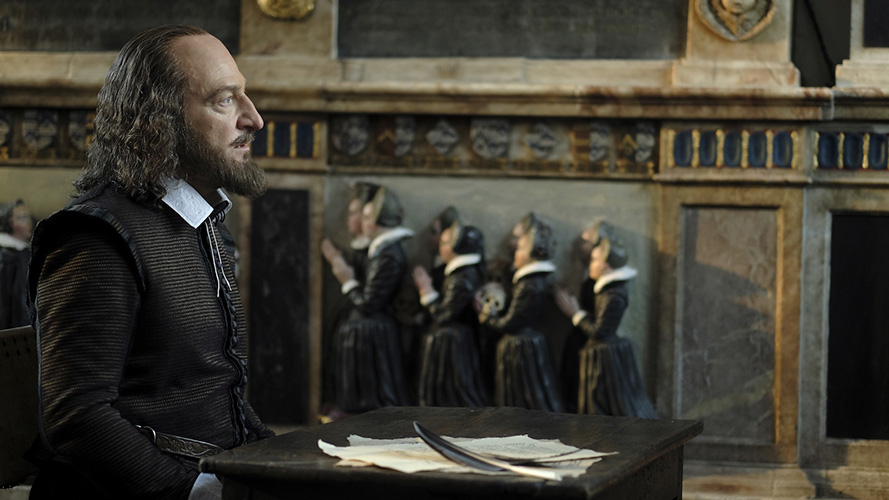



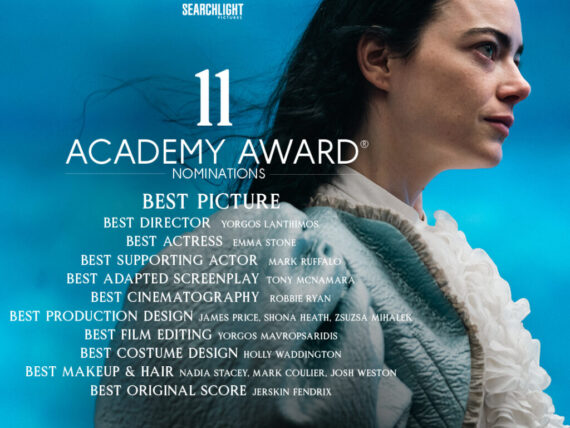
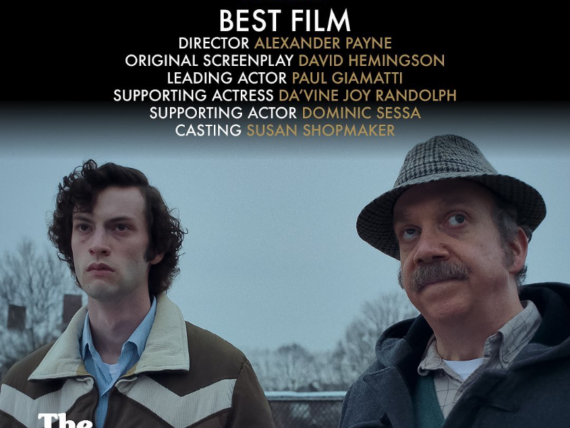
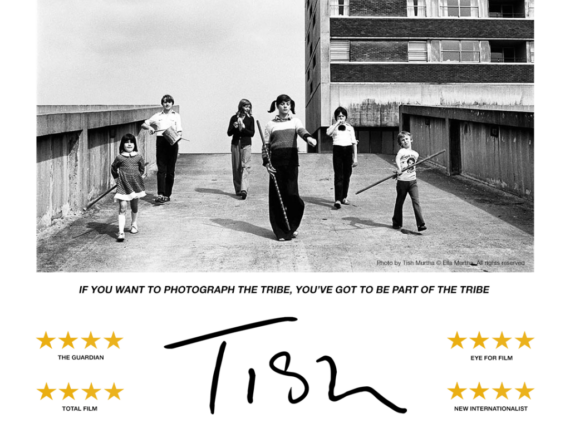

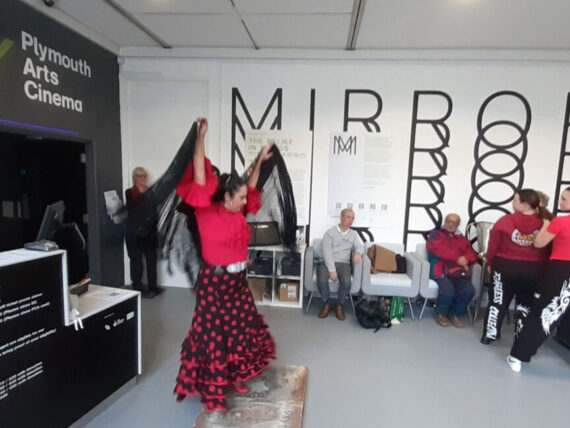
Comments
Comments are closed.